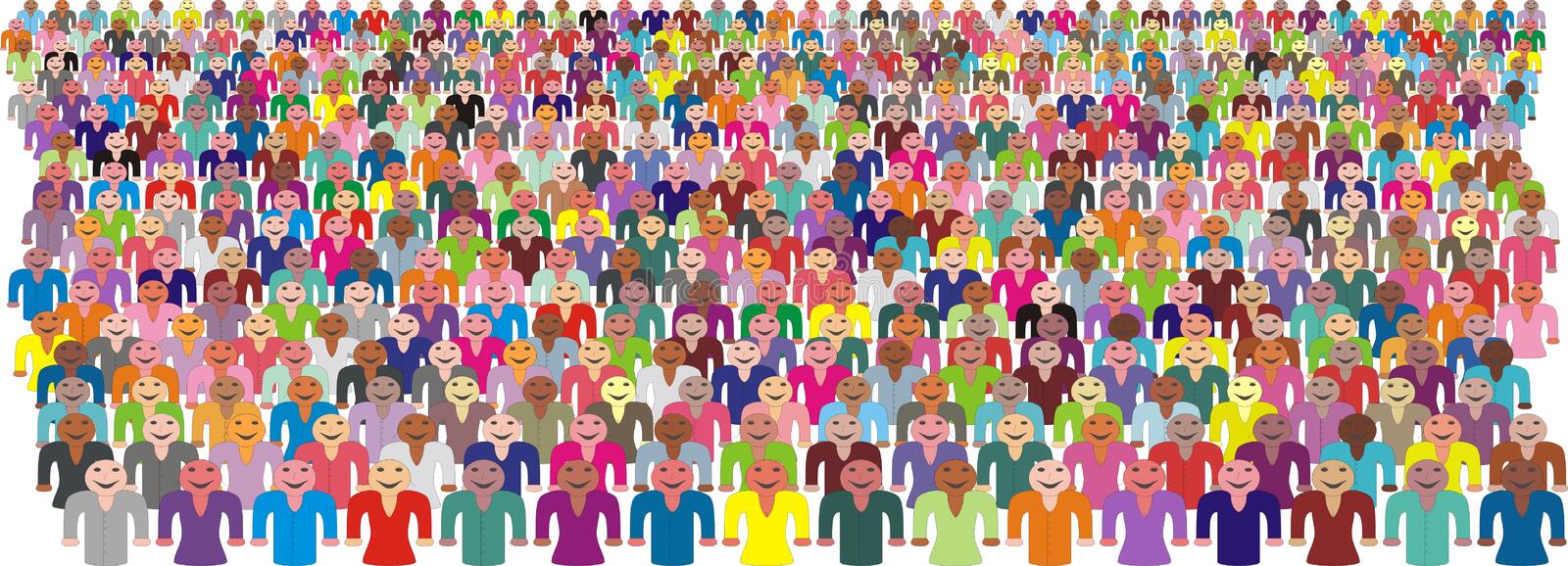Depression is a common but often misunderstood mental health condition that affects millions of people worldwide. In this friendly guide, we will shine a light on major depressive disorder (MDD), providing you with a better understanding of this condition. Whether you are experiencing depression yourself or seeking knowledge to support a loved one, this article aims to provide valuable insights and practical tips for navigating the complexities of MDD.
1. What is Major Depressive Disorder (MDD)?
First and foremost, let’s clarify what MDD is. Major Depressive Disorder, or MDD, is a mental health condition characterized by persistent feelings of sadness, hopelessness, and a loss of interest in activities that were once pleasurable. It goes beyond the usual ups and downs of life, significantly impacting daily functioning and overall well-being.
2. Recognizing the Symptoms of MDD
Understanding the symptoms of MDD is crucial for early identification and seeking appropriate help. Common symptoms may include:
- Persistent feelings of sadness or emptiness
- Loss of interest or pleasure in activities
- Fatigue or loss of energy
- Changes in appetite and weight
- Sleep disturbances
- Difficulty concentrating or making decisions
- Feelings of guilt, worthlessness, or hopelessness
- Recurrent thoughts of death or suicide
If you or someone you know experiences several of these symptoms persistently for more than two weeks, it may be a sign of MDD and should be addressed by a healthcare professional.

3. Seeking Support: Reaching Out for Help
Nobody should face depression alone. Seeking support is essential in managing MDD effectively. Here are some steps you can take:
Talk to a mental health professional: Reach out to a therapist, counselor, or psychiatrist who specializes in depression. They can provide guidance and tailor treatment to your specific needs.
Share with trusted loved ones: Open up to family members or close friends about your struggles. Their support and understanding can make a significant difference in your journey towards healing.
Join a support group: Connecting with others who have experienced or are experiencing depression can offer a sense of belonging and empathy. Support groups provide a safe space to share experiences and learn coping strategies.
4. Treatment Options for MDD
Treating MDD typically involves a combination of therapies and, in some cases, medication. Common treatment options include:
- Psychotherapy: Various forms of therapy, such as cognitive-behavioral therapy (CBT) and interpersonal therapy (IPT), can help individuals explore their thoughts, emotions, and behaviors, and develop effective coping strategies.
- Medication: Antidepressant medications may be prescribed by a healthcare professional to help manage symptoms of MDD. It’s essential to work closely with a healthcare provider to find the right medication and dosage for your specific needs.
- Lifestyle changes: Engaging in self-care activities, maintaining a balanced diet, regular exercise, practicing relaxation techniques, and getting sufficient sleep can positively impact mental well-being and aid in managing depression.
5. Supporting depression disorder : Breaking the Stigma
One of the most important aspects of addressing MDD is fighting the stigma surrounding mental health. Here’s how we can contribute:
Educate yourself and others: Learn more about mental health conditions, including depression, to increase awareness and understanding. Share reliable information with friends, family, and colleagues to foster empathy and compassion.
Offer support: Be a source of support for those experiencing MDD. Listen non-judgmentally, provide encouragement, and help them access appropriate resources.
Encourage open conversations: Create a safe environment for open discussions about mental health. Encouraging dialogue helps break down barriers and allows individuals to seek help without fear of judgment.
Conclusion: Shedding Light and Providing Hope
By shedding light on major depressive disorder and promoting understanding, we can create a more compassionate and supportive society. Remember, MDD is a real and treatable condition, and nobody should face it alone. Reach out for support, seek professional help, and remember that there is hope for a brighter future. Together, let’s foster an environment where mental health is prioritized, understood, and nurtured.
Read Article : Norovirus : Understanding the Symptoms and How to Stay Healthy


